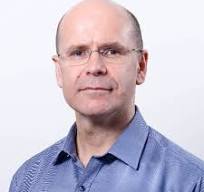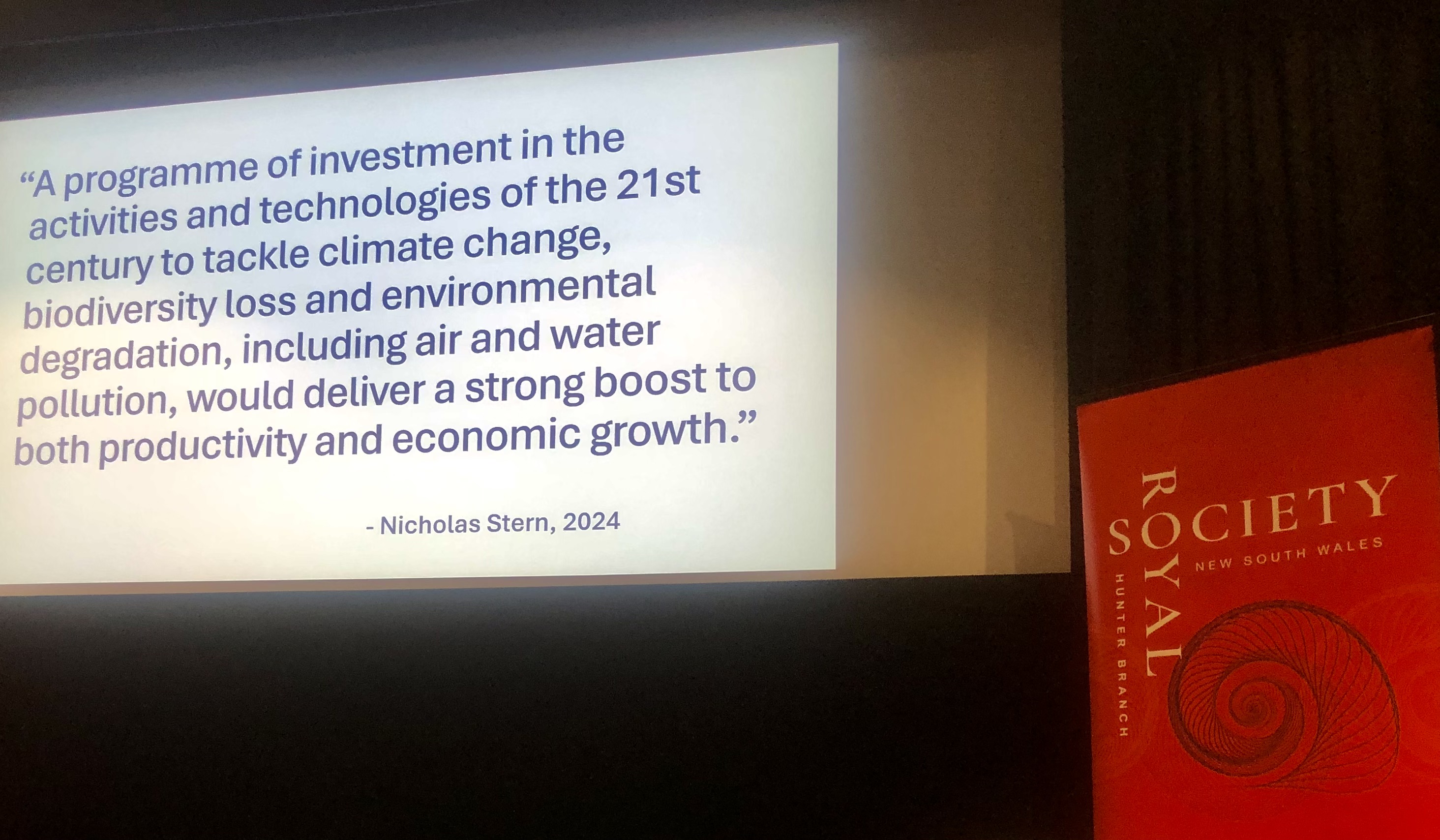Comments
Actually we can do something about man-made climate issues because of the vast resources we export (coal, iron ore, LNG, lithium and other) but I would prefer we did it in a managed, gradual, sensible way that doesn't bankrupt Australia and simply cause importing nations to switch to another (often dirtier) supplier.
However, I do agree with your central point, though I don't know how we can do so in practice. Our elected representatives are charged with doing exactly what you suggest, but I (and probably you & most of the rest of the electorate) have little faith that they will do much beyond short-term political advantage.
How else to proceed? The Royal Commission process has lost much credibility in recent years. Identifying fraud in Queensland served a worthy end years ago, but the Financial Services RC lasted as long as people realised that banks had started to lend responsibly (i.e. not to them) so that demand & property prices went down and the Aged Care RC has precipitated a financial crisis in providers to which the wider public appears oblivious and/or uninterested. Enquiries into taxation and superannuation? We've had a few. Community forums? Well, you can hold them, but they need someone to pick up the outcomes and run with them.
If you're interested, my view is that we need a baseline universal basic income, encouragement to work above that income to make more money, abolition of numerous bullshit jobs, massive reduction in Centrelink, the ATO and other government organisations, inheritance tax and simplification across the board. Sir Humphrey Appleby, eat your heart out.
So, yes, but I'd appreciate your thoughts on the mechanisms for change.
Ricky T,
Thank you for your thoughtful comments.
In these times of low trust in politicians and political processes change is hard. The one mechanism for producing meaningful answers to such wicked issues that appears to move past community cynicism and produce constructive outcomes is the use of citizen juries (The jury is randomly drawn from the population but structured to give a spread of representation that allows all citizens to feel that views close to their own have been considered. The deliberations are given broad publicity so the community can follow the developments. A clear set of outcomes are drawn up by the jury and presented to the public and politicians to catalyse action.)
In this case, we should look to have a citizen's jury seeking to answer: "How should we fund the essential public services required to produce and sustain the Australian society we aspire to?" The jury outcomes then present our politicians with an "if not, why not" resolution for this challenge.


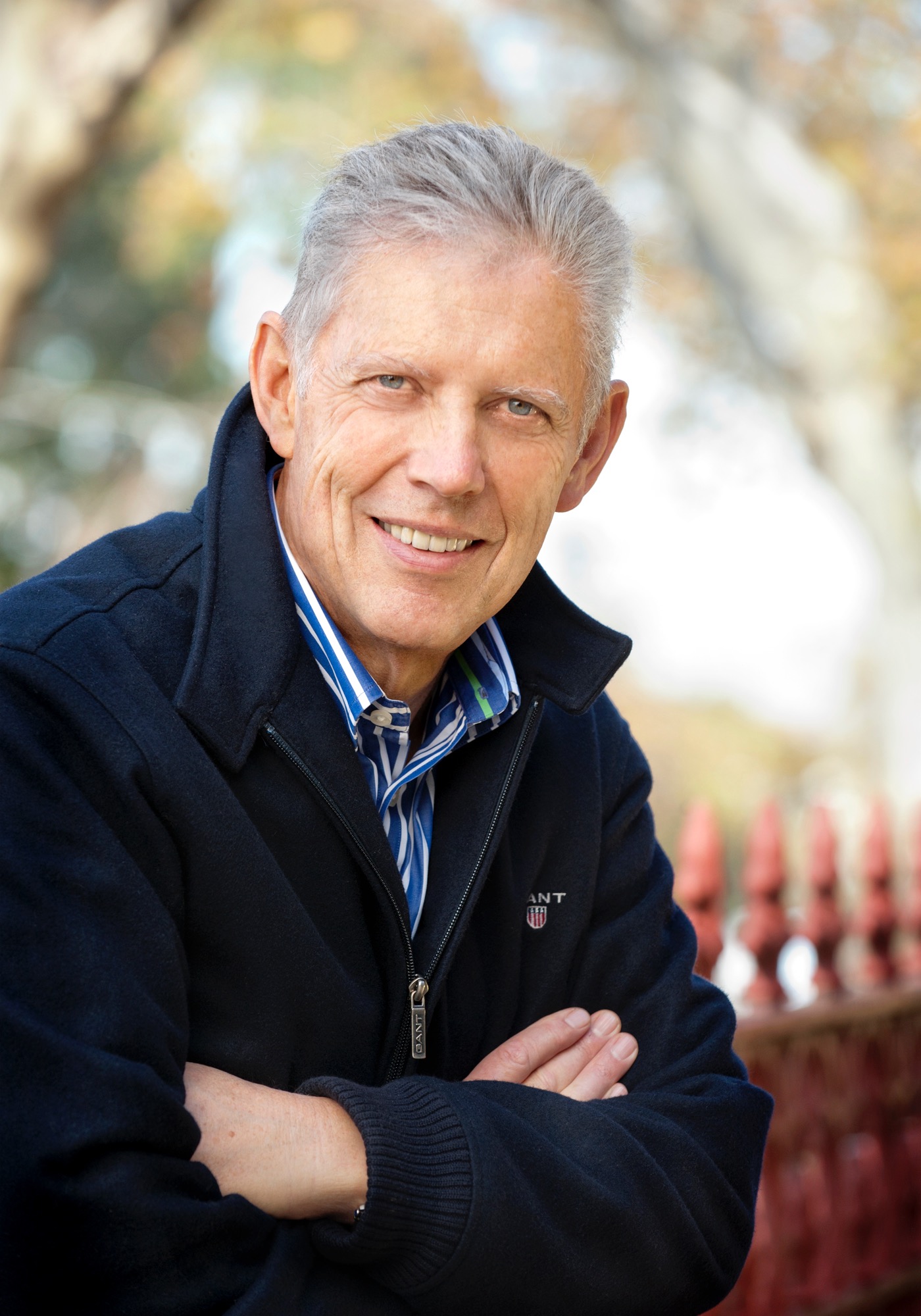
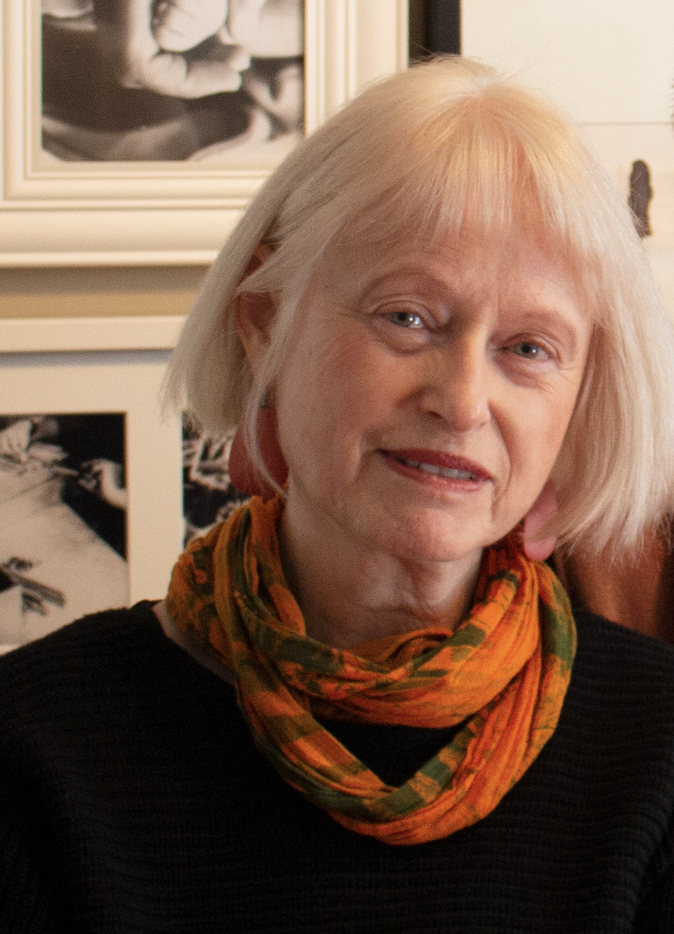 Gillian Corban
Gillian Corban
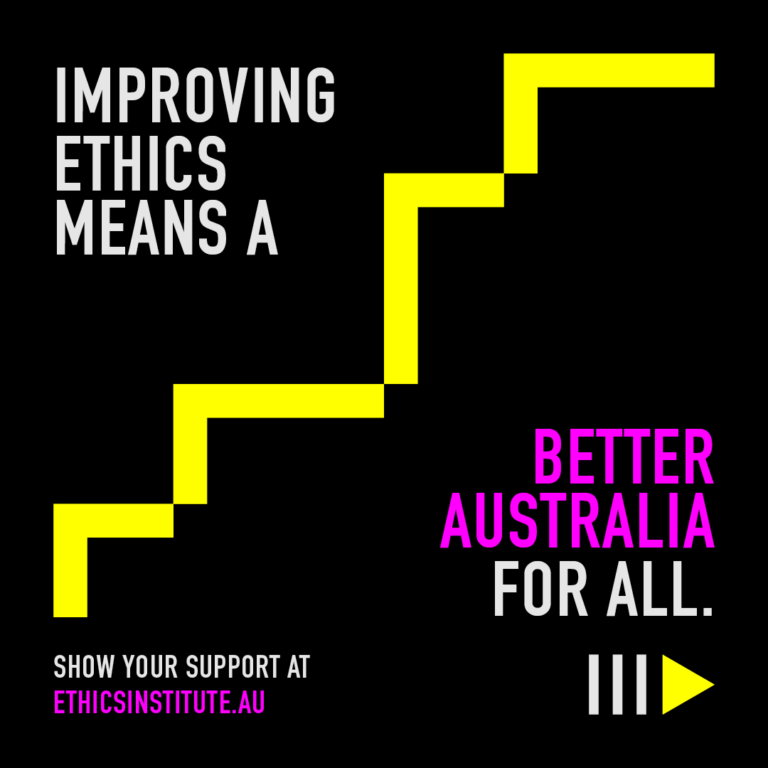
 IdeaSpies
IdeaSpies
 Jonathan Chrimes
Jonathan Chrimes
